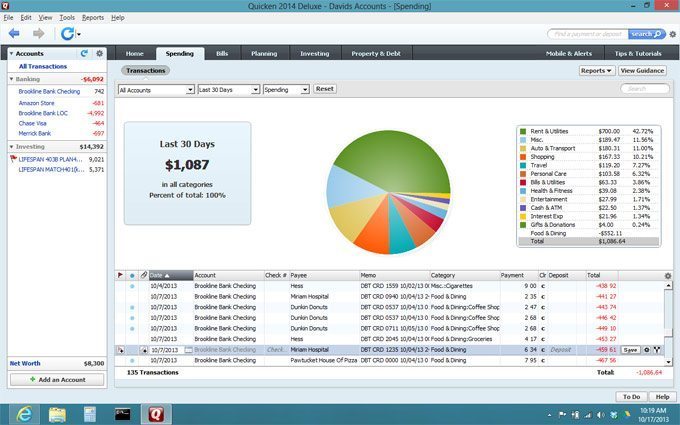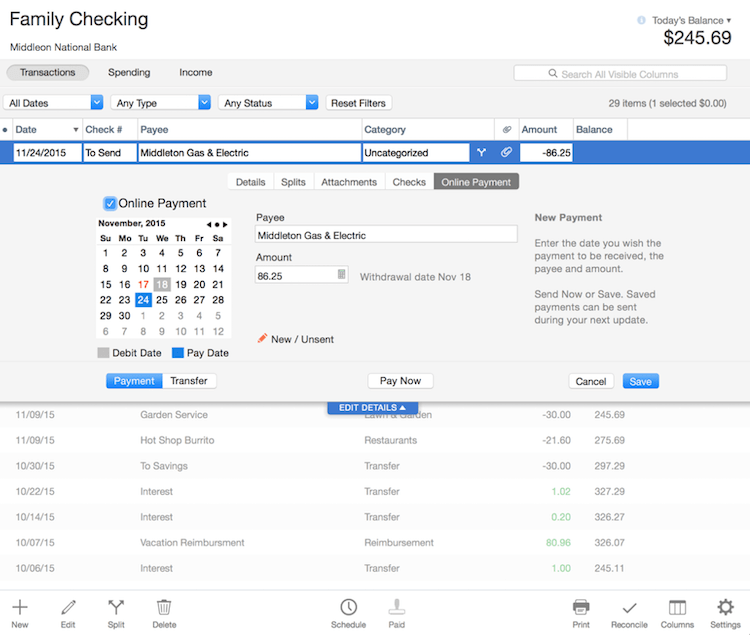

Hotel, utility, sales and other taxes were increased to take up the slack. Property taxes, estimated now at $55 billion a year statewide, declined as a share of government revenue. Over the long haul, fallout from the proposition landed broadly. Jerry Brown - helped keep cities and counties afloat by diverting about $5 billion from a surplus it had accumulated. Right away, property-tax revenues plummeted nearly 60 percent. In addition, any attempts to raise many types of taxes were cramped by a new requirement of approval by a two-thirds majority, be it in the State Legislature or at the local level. The tax on property could not exceed 1 percent of the value. Proposition 13 rolled back property values to their 1975 levels, and imposed a 2 percent limit on yearly increases in assessments. The state was primed for a “mad as hell” moment. As property assessments soared, so did the taxes on them, at rates too rapid for many homeowners to absorb. His crusade took shape in an era of double-digit inflation throughout the country, and escalating real estate valuations in California. “The right to preserve, the right to have property in this country, the right to have a home in this country - that’s important.” “The most important thing in this country is not the school system, nor the police department, nor the fire department,” he said. As recalled in the Retro Report video, he was unfazed by severe spending reductions that the proposition forced upon many communities. He also opposed many of the things taxes paid for, including schools, parks, libraries and garbage collection.

In truth, Jarvis, who died in 1986, three years before Gann, was against more than taxes. “The bureaucrats have just squandered it,” he said. Soon after Proposition 13 passed, Jarvis shrugged off concerns about forfeited revenue.

He drew inspiration from another Howard: Beale, the mad newscaster in the 1976 film “Network,” who was immortalized by his signature line: “I’m as mad as hell, and I’m not going to take this anymore!” As such, he became the public face of the referendum - a prophet of fiscal rectitude to his admirers, a grumpy cheapskate to his detractors. Gann was quiet-spoken, Jarvis a pillar of bombast. In terms of temperament, they could not have been more different. Jarvis worked on it with another businessman, Paul Gann. His words echoed those of Howard Jarvis, a pugnacious businessman who was a principal architect of Proposition 13, formally called the People’s Initiative to Limit Property Taxation. Besides, he said later, any tax paid “would be squandered, too, believe me.” “That makes me smart,” he said in his first debate with Hillary Clinton, his Democratic opponent. Trump went years paying not a nickel’s worth of those taxes. This installment comes as the 2016 presidential race enters the homestretch, a campaign in which taxation has loomed large - not local property taxes so much as federal income taxes, specifically those of Donald J.
WHEN DOES QUICKEN 2017 EXPIRE SERIES
The 1978 vote shapes the latest offering from Retro Report, a series of video documentaries exploring major news stories of the past and the long shadows they cast. In California, the birthplace of many American trends, politicians in both major parties have long regarded Proposition 13 as they would a subway line’s third rail: You touch it, you die. In its wake, anti-tax firebrands rose to prominence, such as Grover Norquist, who turned his no-tax-increase pledge into an article of faith for conservative office seekers. But they, and millions of others, also found themselves burdened with assorted new fees and levies to compensate for lost state and local government revenues.įor better or for worse, Proposition 13 inspired tax revolts in other states. Owners of real estate quickly saw their property tax bills slashed.

In 1978, they approved this ballot initiative by nearly 2 to 1, setting in motion a continuing debate over whether they had acted with beneficent wisdom or with heedless foolishness. Proposition 13 was an assault on the property-tax structure in California, where plebiscites are hard-wired into the political ethos and voters tend to exercise the franchise aerobically. Like them, too, it had enduring consequences. Like the tea parties, it was rooted in an abhorrence of taxation (with or without representation). In between America’s two most famous tea parties, the Boston affair in 1773 and the protest movement that arose in 2009, there was a referendum known as Proposition 13.


 0 kommentar(er)
0 kommentar(er)
